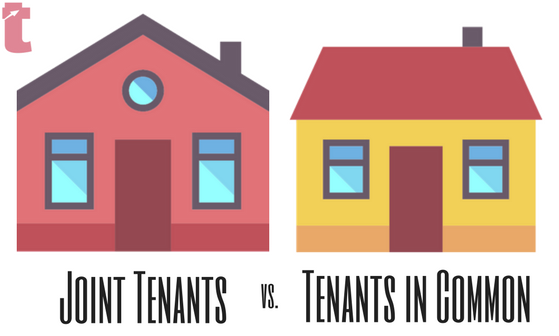|
British Columbia has been able to develop one of the best land survey and title registration systems in the world.
British Columbia, including the colonies before the province came into existence, has always maintained a system for recording ownership and interests in private land. For a short while, the colonies maintained Deeds Registries. However, a Deeds Registry results in a complicated, unreliable system for recording interests in land. In order to gain an opinion on ownership of interests in land, an unbroken chain of documentary evidence over long periods of time or possibly from the original granting of the land from the Crown is required. If any one of those documents was not properly executed, or if all documents in the chain cannot be obtained, then a shadow of doubt is cast upon the claim of ownership. The British Columbia government has launched the Condo and Strata Assignment Integrity Register (CSAIR) to crack down on tax evasion and improve fairness and transparency in B.C.’s real estate market. It is widely acknowledged that the practice of pre-sale flipping has been lacking of transparency. It is unknown exactly how many assignment flips occur each year. This new register will require developers to add or file assignments on new developments. This information will be gathered securely by the developer. The information that must be reported includes identity and citizenship of all parties to the assignment.
In many instances, banks and financial institutions require the borrowers to obtain a title insurance. However, this policy only protects the bank’s interest and insures against financial loss in the event of a defects in title to the property.
In British Columbia, title defects rarely happen. When a land title is transferred, the new owner can be assured that his/her title is “indefeasible” (meaning the title transfer cannot be defeated, revoked, or made void) under the Torrens system, as long as the owner acquires the interest in good faith and for value consideration. Joint Tenancy vs. Tenants in Common
Property owned by more than one person must be owned in one of two ways: Joint Tenancy or Tenancy in common. When a property is owned in a joint tenancy arrangement, the interest of a deceased owner automatically gets transferred to the remaining surviving owner(s), meaning the surviving owner(s) has the right of survivourship. On the other hand, if the property is in tenants in common, the interest in the property becomes owned by the estate of the deceased and is transferred to beneficiaries by the estate. Joint Tenancy:
|
welcomeA bit about myself. I am a member of the British Columbia Notaries Public Society. I want to answer some of the most common questions that my clients have through my blog. Hope you find it useful. Archives
April 2019
Categories
All
|
Talk to us today!
HoursMon - Fri: 9:30am to 5:30pm By Appointment Only
Sat: Closed By Appointment Only Sun: Closed |
Email
|
Call
Tel: 604-266-6644 (Eng, 中)
Fax: 604-266-6614 |
Social
|
Copyright © 2019 Jerome Tsang Notary Public | Notary Public, Vancouver BC Notary | Sitemap






 RSS Feed
RSS Feed
